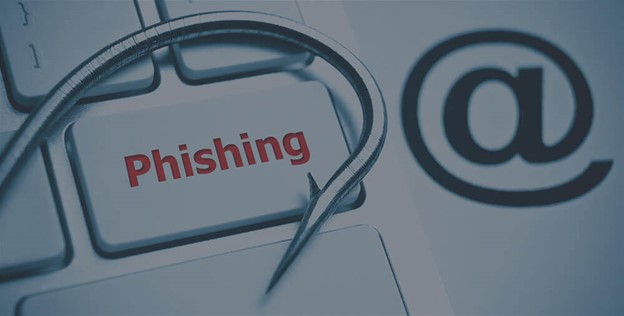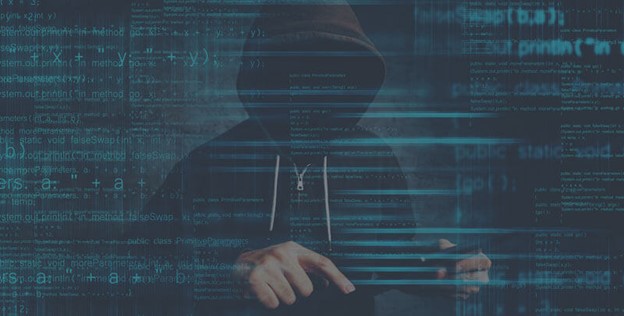
PHISHING AND MALWARE ATTACKS ARE COMMON TECHNIQUES FOR CREDIT CARD THEFT
March 26, 2022
SYNTHETIC IDENTITY THEFT AND HOW TO PROTECT MINOR CHILDREN
March 28, 2022Even after death, no one is completely safe from identity theft. Known as “ghosting,” criminals can use the personal information of a deceased person to file false tax returns, claim Social Security benefits, open fraudulent loans and credit cards and more.
Every year, millions of deceased Americans have their identities stolen, often going unnoticed as families don’t monitor their loved one’s credit. You must not allow criminals to profit from the death of your loved one. There are steps you can take to protect the identity of a deceased loved one.
How Ghosting Works
Criminals can obtain information about deceased individuals in many ways. For example, they might harvest information from hospitals or funeral homes. They might also pore over obituaries to find information such as names, addresses, and dates of birth. Occasionally, a family member or friend may attempt to steal the identity of a deceased loved one.
A Social Security number is the most valuable piece of information to identity thieves. Other information is also crucial. Protecting the information of a deceased loved one pays off.
How to Help Prevent Ghosting
Keeping your deceased loved one’s personal information safe and making sure everyone knows about their passing are the best ways to protect their identity. Below are some tips to help you prevent ghosting:
- Notify the IRS of your loved one’s death by sending a copy of the death certificate. With the final tax return, a copy of the death certificate may also be included.
- Include a letter requesting a “deceased alert” on the credit report with copies of the death certificate sent to Experian, Equifax and TransUnion.
- Inform the Social Security Administration. In most cases, the funeral home takes care of this step, but it’s a good idea to check with the Social Security Administration. It not only helps prevent someone from claiming your deceased loved one’s benefits, but it can prevent overpayments of benefits that need to be reimbursed.
- Don’t overshare information in the obituary. Criminals are interested in information such as date of birth, address, and other information.
- Monitor your deceased loved one’s credit report for any suspicious activity.
- Inform financial institutions, insurance companies, and other organizations of the death.
It is important to help protect the identity of a deceased loved one even after their death. Although surviving family members are not responsible for fraud, sorting through these issues can add unnecessary emotional turmoil and headaches to the grieving process. Keep criminals from using the death of your loved one to their advantage now by taking proactive steps.
Is your personal information on the dark web? Make sure your identity isn’t at risk!


